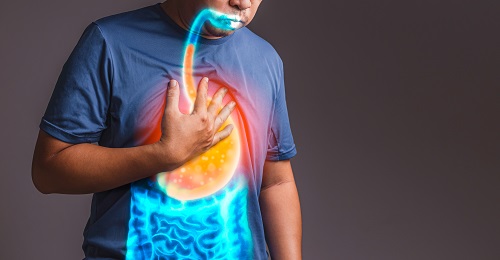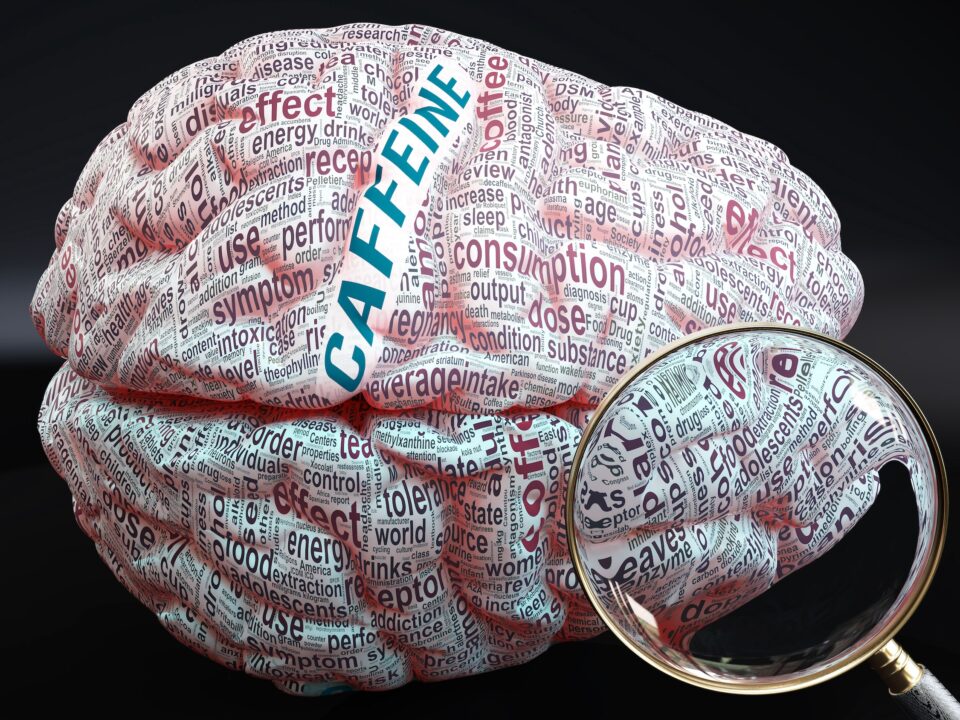Managing heartburn and reflux

Flexibility exercises part 1
5th April 2021
Can we fundraise for ourselves
5th April 2021Managing heartburn and reflux

Managing heartburn and reflux
People living with Parkinson’s can experience heartburn or oesophageal reflux – and hiatus hernia (where your stomach bulges up into your chest through an opening in your diaphragm) and ulcers may also be problematic.
Parkinson’s medications can cause heartburn and it is a common problem with ageing. Heartburn is an annoying and painful burning sensation.
Oesophageal reflux is a condition in which the valve closing off the stomach from the oesophagus fails to close properly allowing stomach acid contents to flow upwards towards the throat causing the painful burning sensation.
Stomach acids are very strong and can damage and scar the valve or oesophageal sphincter as well as the base of the throat. The condition is called oesophagitis and can make it increasingly difficult to swallow or to keep the valve closed.
Acid reflux can also be accidentally inhaled into the lungs causing aspiration pneumonia, which is a very dangerous, sometimes fatal condition needing expert management.
Not all foods affect people in the same way and so some investigative work may need to be undertaken to decide which foods are problematic. Taking an accurate record of foods eaten prior to the attack is recommended.
Some foods known to be problematic are tomatoes, citrus juices, pepper, decaffeinated coffee, chocolate, caffeine, peppermint, spearmint, garlic, onion, carbonated drinks, and alcohol.
Foods high in fats stay longer in the stomach and are more likely to cause issues particularly if eaten later in the evening. Very hot or very cold foods can also cause reflux.
Keeping a list of foods eaten, timing of medications, time of meals, amount eaten may assist in identifying the issues.
The amount of food eaten is just as important as the type of food; reflux is more likely to occur when the stomach is full as it causes the contents to push upwards putting pressure on the valve.
It is best to eat smaller meals with snacks in between and to eat your evening meal earlier rather than later. This allows the stomach to empty prior to lying down in bed where the stomach contents can push upwards, thus causing discomfort.
Tips on managing reflux
- Eat smaller meals
- Have small nutritious snacks between meals
- Eat your evening meal early
- Slightly elevate the head of the bed
- Wear loose fitting clothing
- Avoid smoking
- Avoid or reduce stress
Source
Eat Well, Stay Well with PD By Kathryn Holden



